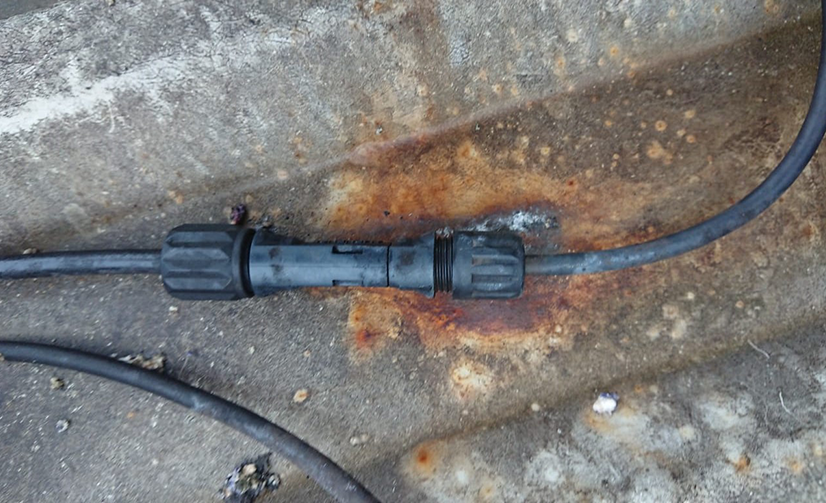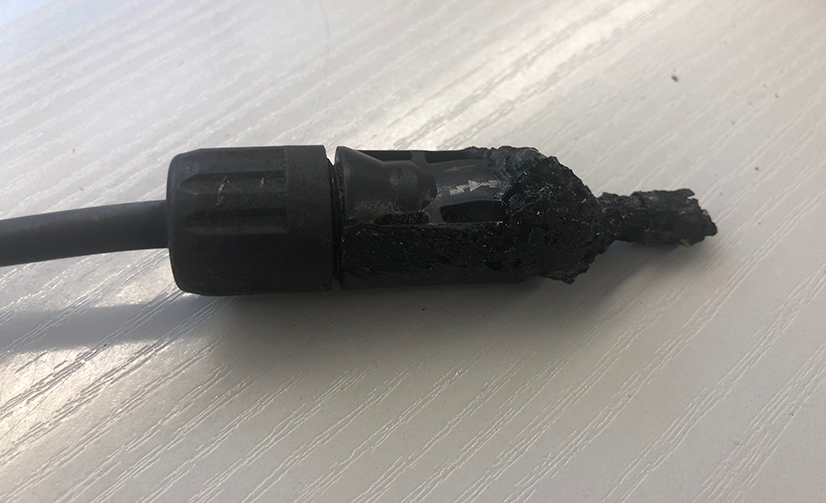Maintenance
Maintenance Many solar systems have been sold over the years as requiring “no maintenance”.
However, inspection of the Installation & Maintenance Guidelines of the equipment that you’ve had installed will show a completely different picture.
Depending on the type of system that you’ve had installed, it will likely be a requirement of your insurer to have elements of your system maintained – annually.
What’s the problem if I don’t get my system maintained?
Aside from potential lower generation figures, then lower financial returns, with the rush to hit previously available feed-in-tariff deadlines many systems have been installed without the due care and attention required which has resulted in rooftop fires becoming more commonplace.
A report by the Building Research Establishment (BRE), BRE National Solar Centre (NSC) and the BRE Global Fire Safety Group, on behalf of the Department of Energy and Climate Change (now BEIS), identified some of the main causes of solar related fires.
You can read the reports here;
Fire and Solar PV Systems – Recommendations
Fire and Solar PV Systems – Evidence
These are reported incidences. The actual number is expected to be far higher.
A fire on Hove Town Hall caused by faulty solar panels made national headlines a few years ago.
The report can be seen above
Common Issues
IssuesCommon causes of rooftop fires are from incorrectly installed or mismatched DC connectors that can cause arcing to occur.

Fig 1. Incorrectly installed/connected DC connector – there should be NO thread showing

Fig 2. DC leakage from incorrectly installed DC connector – up to 900 volts leaking in to immediate area – that’s not rust you can see, it’s DC corrosion

Fig 3. The DC connector has exploded, arcing is likely to occur

Fig 4. A rather frazzled DC connector taken from the roof of commercial premises where a “thermal event” occurred.
What's the solution?
SolutionsDon’t worry, with regular testing and inspection visits, Helios can identify and address most faults before they become a fire risk – and you will keep your insurer happy by having a regular inspection & testing service in place.
Helios will extract information from your inverters and any monitoring software installed will identify “insulation resistance” that is commonly referred to as an “isolation fault” by many inverter manufacturers.
Helios’ fully trained technicians will identify any faults within your system and will make any necessary recommendations in the subsequent report that we provide, following our visit to your premises.
You can be confident that you are dealing with a professional, forward-thinking company as Helios are one of the primary co-developers of the UK Solar Trade Association’s “Rooftop PV O&M Best Practice Guidelines”.
Call us today on 01525 664665 to discuss your concerns or requirements.












